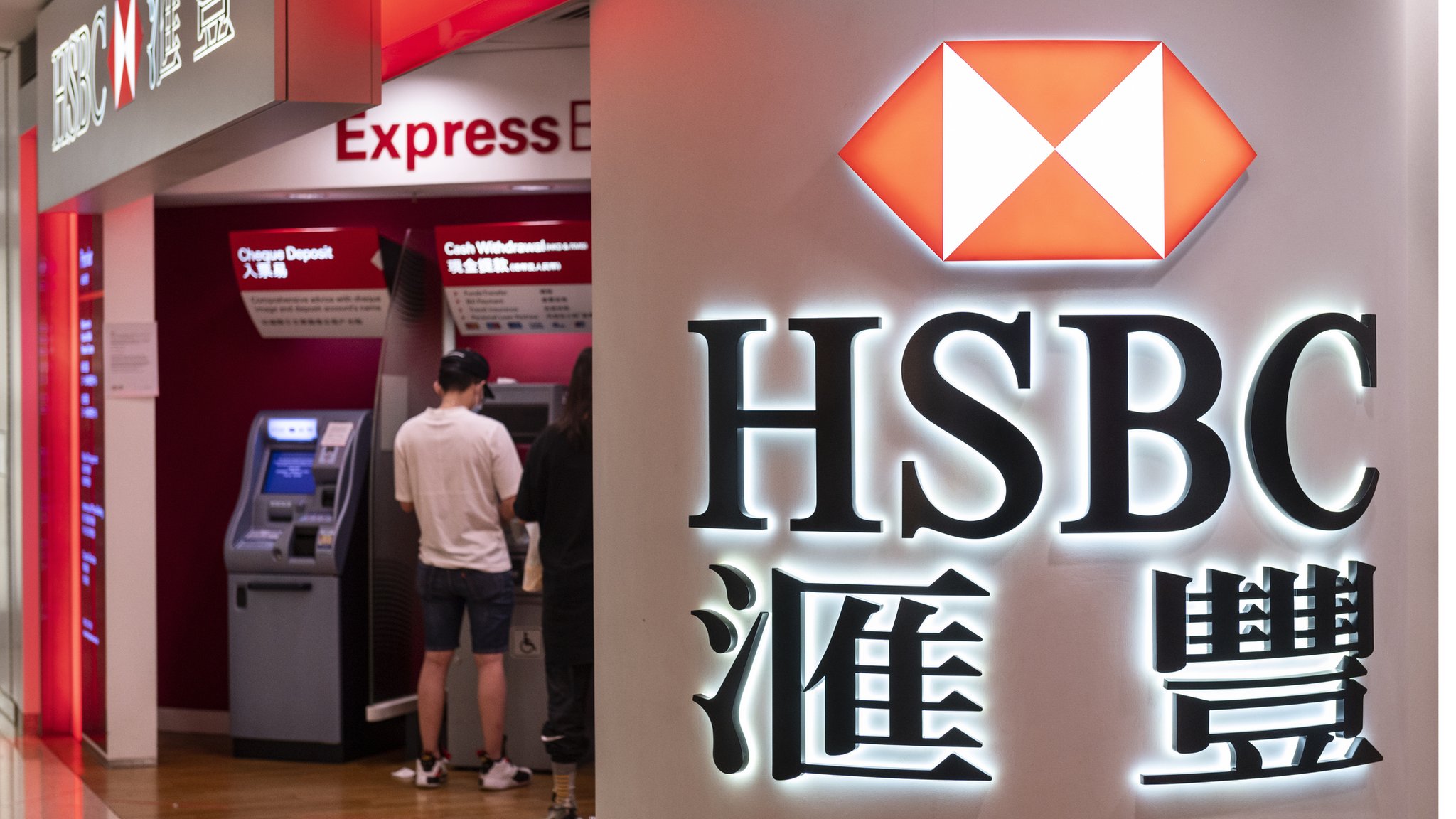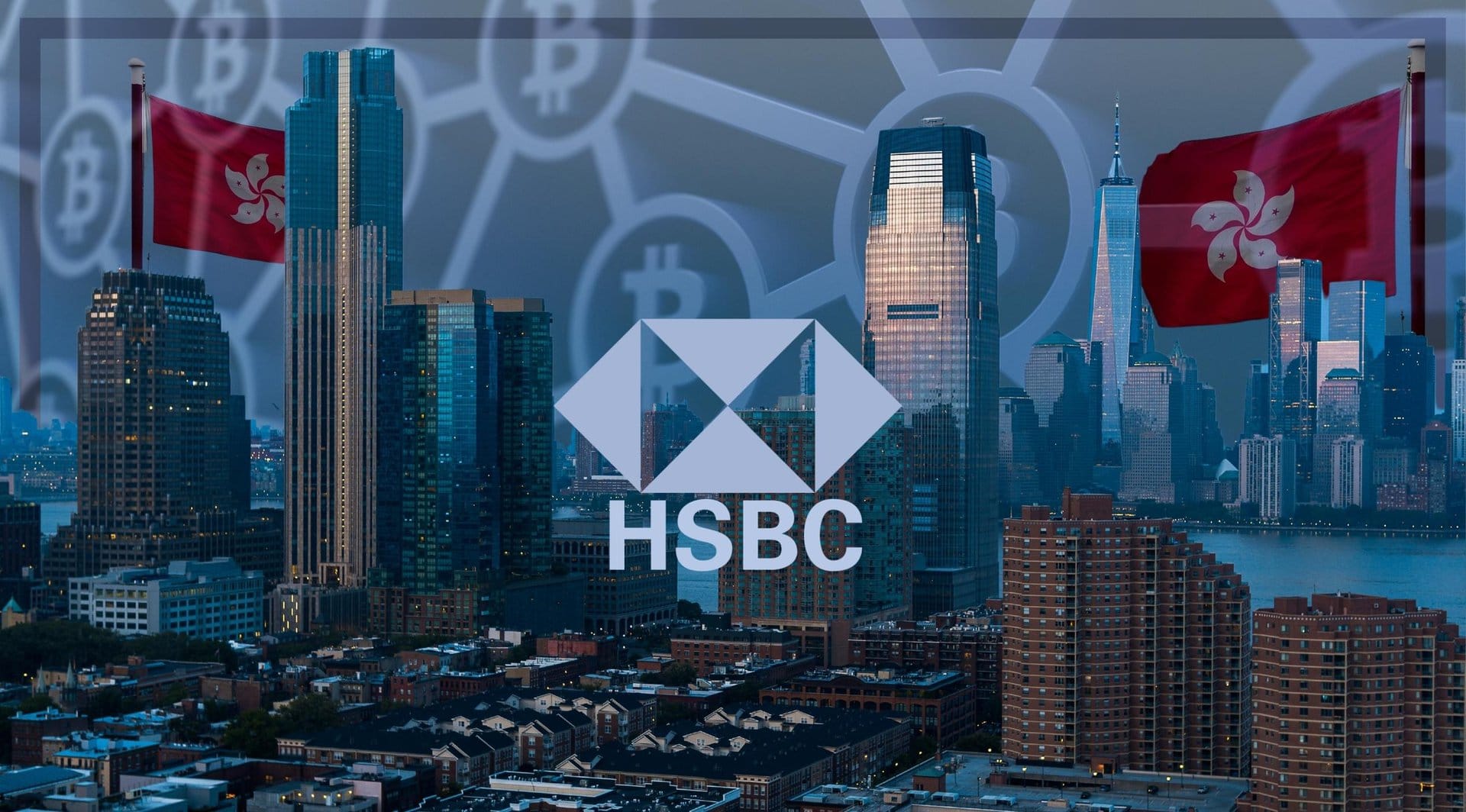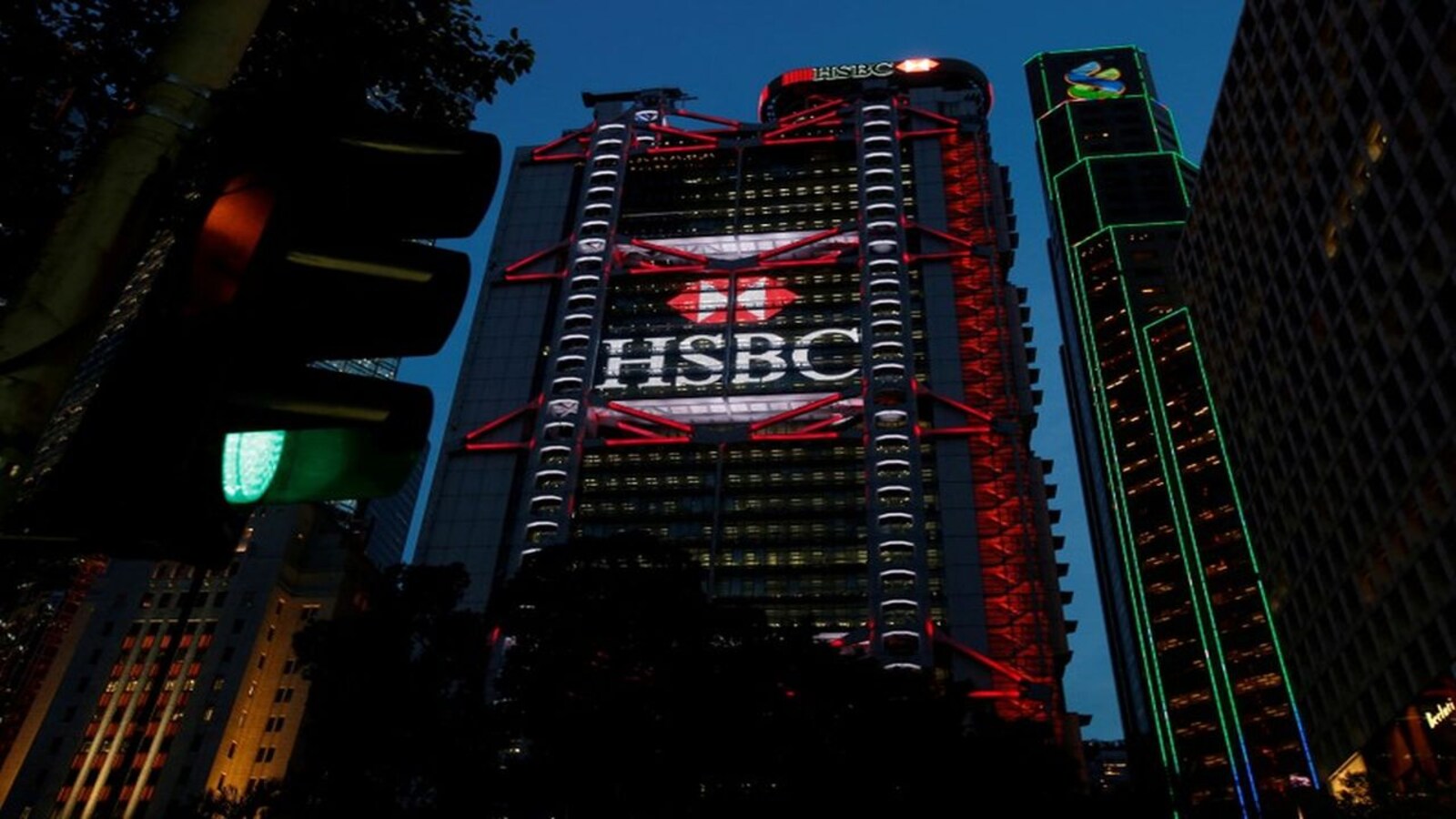HSBC Announces $3B Buyback, Q3 Profit Misses Estimates
HSBC Holdings Plc, one of the world’s largest and most prominent banking and financial services institutions, recently reported its third-quarter financial results, which fell short of analysts’ estimates.
Alongside the disappointing earnings, the bank also made a significant announcement – a plan to buy back $3 billion worth of its shares.

HSBC Holdings Plc., one of the world’s largest banking and financial services organizations, recently released its third-quarter results. While the institution remains robust, its reported profits fell short of analysts’ expectations.
However, in a move that underscores its financial strength and commitment to shareholders, HSBC announced a $3 billion share buyback.
The third-quarter pre-tax profit for HSBC Holdings increased by 240% on Monday, thanks to rising interest rates that increased the bank’s profitability and enabled it to repurchase $3 billion worth of shares.
The largest bank in Europe released results that demonstrated the strain it is under to satisfy patient investors in light of the global increase in interest rates.
Despite more than tripling its profit in the third quarter, the bank’s earnings fell short of analysts’ forecasts due to higher expenses.
HSBC also stated that as operations and technology expenses rise and it takes into account increasing employee bonuses in the fourth quarter, costs are expected to climb by 4% this year, above its earlier target of a 3% increase.

In the July to September quarter, the bank reported a pre-tax profit of $7.7 billion, up from $3.2 billion in the same period last year. However, this figure fell short of the $8.1 billion mean average forecast of brokers gathered by HSBC.
With a market valuation of $118.6 billion, the bank with its headquarters in London stated that it intended to finish the share repurchase by February of next year, bringing the total amount of buybacks disclosed this year to $7 billion.
In addition, it paid out 10 cents per share for the third interim dividend of the year, for a total distribution of 30 cents per share. With more clients switching from deposits to term products, especially in Asia, HSBC’s third-quarter net interest margin of 1.70% saw a 2 basis point decline from the previous quarter.
The lender recorded a $500 million impairment in the third-quarter earnings because of the mainland Chinese commercial real estate market. In the earnings release, the business stated, “We continue to monitor risks related to our exposures in mainland China’s commercial real estate sector closely, and there remains a degree of uncertainty in the forward economic outlook, particularly in the UK.”

Standard Chartered, HSBC’s rival with a concentration on Asia, revealed last week an unexpected one-third decline in third-quarter earnings as a result of an almost $1 billion combined damage from its exposure to China’s banking and real estate industries.
This development has sparked conversations and raised questions about the bank’s performance, strategy, and the broader banking industry’s outlook.
HSBC’s third-quarter earnings report for 2023 revealed a net profit of $3.3 billion, significantly lower than the estimated $4 billion forecast by financial analysts. This shortfall reflects a challenging operating environment for global banks, with various factors contributing to the lower-than-expected results.
- Low-interest Rates: Persistently low-interest rates worldwide have been a headwind for many financial institutions. HSBC, being a global bank, has been particularly affected by these conditions, which impact its net interest income.
- Economic Uncertainty: Ongoing global economic uncertainty, fueled by factors such as the COVID-19 pandemic and geopolitical tensions, has led to a decline in business and consumer confidence, impacting banks’ lending and investment activities.
- Regulatory Costs: HSBC, like other major banks, has faced increasing regulatory compliance costs, including those associated with anti-money laundering efforts and customer data protection. These costs have squeezed profitability.
- Competition: The banking industry has seen increased competition, not only from traditional peers but also from fintech companies offering innovative financial services. This has put pressure on margins and market share.
In response to its lower-than-expected Q3 earnings, HSBC announced a share buyback program worth $3 billion. This decision is part of the bank’s broader strategy to enhance shareholder value. Share buybacks involve a company purchasing its own shares on the open market, reducing the number of outstanding shares and effectively returning capital to shareholders.
Key Points on HSBC’s Share Buyback:
- Investor Confidence: The share buyback plan is a signal of HSBC’s confidence in its future earnings potential. By repurchasing shares, the bank aims to boost investor sentiment and demonstrate its commitment to delivering value to shareholders.
- Capital Allocation: Share buybacks are one way for companies to allocate capital efficiently. HSBC’s management believes that buying back shares at current valuations is a prudent use of excess capital, especially in light of the Q3 earnings miss.
- EPS Enhancement: By reducing the number of outstanding shares, HSBC can potentially increase its earnings per share (EPS), making each share more valuable for existing shareholders.
- Yield Enhancement: Share buybacks can also boost dividend yields for shareholders as the bank distributes earnings to a smaller number of shares outstanding.
HSBC’s Q3 earnings miss and subsequent share buyback announcement are indicative of the challenges facing global banks in today’s economic and regulatory environment. As interest rates remain low and competition intensifies, banks must adapt and find new ways to generate profits and enhance shareholder value.

The banking industry is in a state of flux, with traditional institutions like HSBC having to compete not only with their traditional peers but also with agile fintech startups. This competition is pushing banks to innovate, digitize their services, and improve customer experiences to remain competitive.
HSBC’s net profit for Q3 came in lower than anticipated. Though the exact figures might differ based on the latest release, the disappointment can be attributed to various macroeconomic factors, regulatory changes, and internal bank-specific challenges.
A more detailed examination of HSBC’s revenue streams could reveal specifics about which segments underperformed. Historically, HSBC’s global businesses include Retail Banking and Wealth Management, Commercial Banking, Global Banking and Markets, and Global Private Banking.

One crucial metric to consider would be the bank’s operating costs. Increased expenses in regulatory compliance, technological upgrades, or personnel could have affected profitability.
For a bank to embark on such a sizeable buyback, it would indicate a comfortable capital position. This move is a testament to HSBC’s resilience and its ability to generate surplus capital even in challenging times.
Share buybacks typically boost earnings per share and can lead to a short-term rise in stock prices. By reducing the number of shares outstanding, the earnings are distributed over fewer shares, thus potentially increasing the value for existing shareholders.
HSBC, like many other global banks, might be recalibrating its capital allocation strategy. The buyback could be a part of a broader move to optimize return on equity.
Global economic conditions, especially in regions where HSBC has significant operations like Asia, play a vital role in the bank’s performance. Economic slowdowns, geopolitical tensions, or trade disputes can impact customer activity and consequently, the bank’s revenues.

The ever-evolving global regulatory environment poses both challenges and opportunities. HSBC has to navigate this terrain adeptly to ensure compliance while optimizing operations.
As the world shifts to a more digital economy, HSBC’s ability to adapt and innovate will be tested. Investments in technology and a move towards a more digital banking paradigm might be essential.
HSBC’s Q3 earnings miss and the subsequent share buyback announcement underscore the complex landscape in which global banks operate. While the bank faces numerous challenges, including low-interest rates and regulatory costs, it remains committed to delivering value to shareholders.
)
The share buyback program reflects HSBC’s confidence in its future prospects and its commitment to enhancing shareholder value in the long term. As the banking industry continues to evolve, HSBC’s ability to adapt and innovate will be critical in ensuring its sustained success.
HSBC’s Q3 performance may have missed analysts’ expectations, but the bank remains a formidable player in the global financial landscape. The announced share buyback is a strong message of confidence to its shareholders and the market. It will be interesting to see how the bank maneuvers through the challenges ahead and leverages opportunities in a dynamic global economy.



